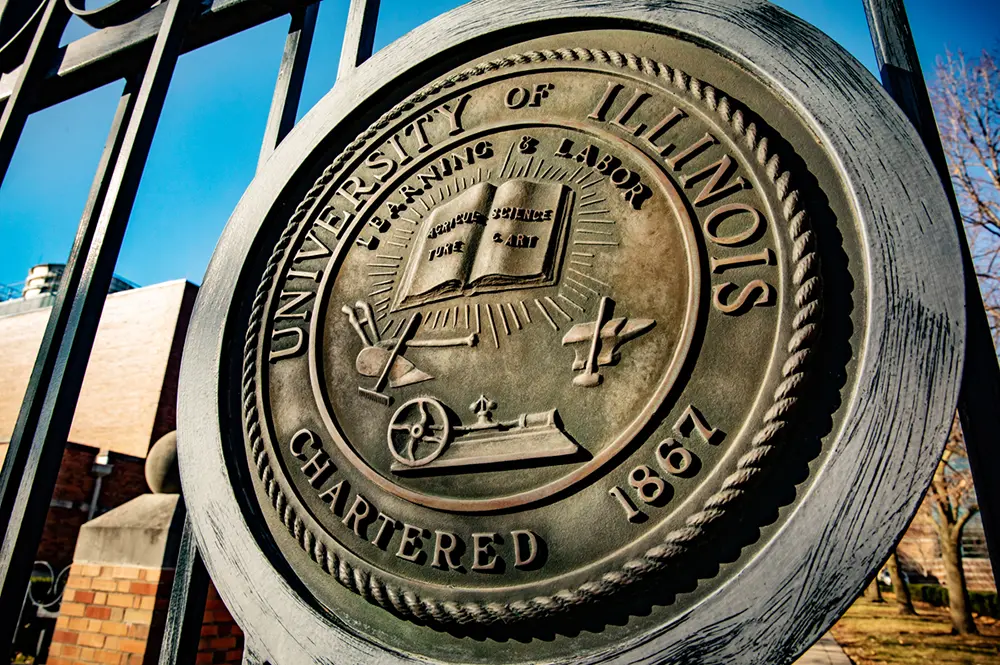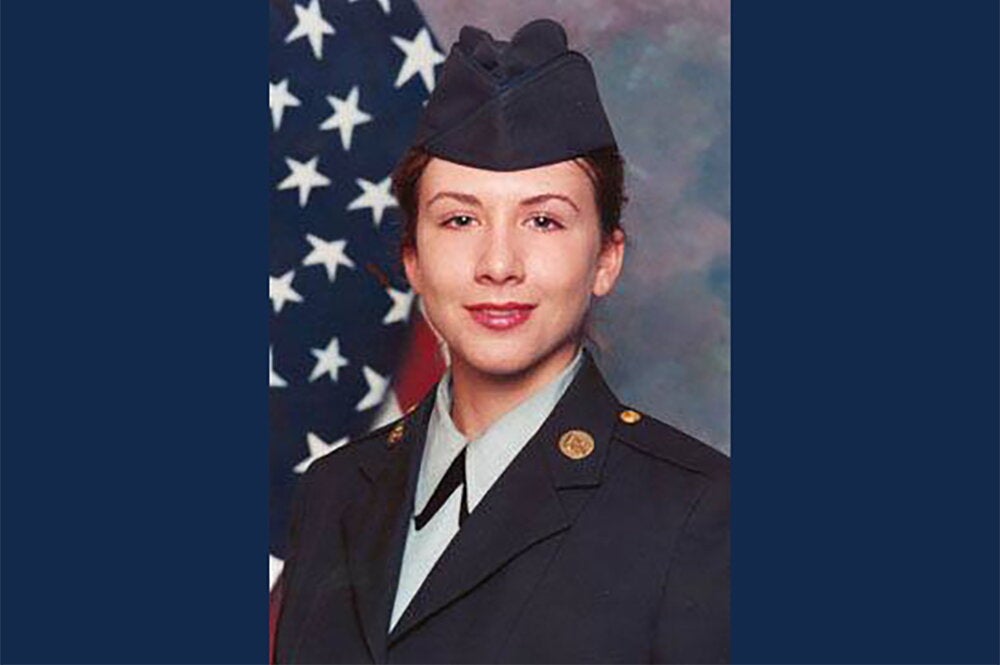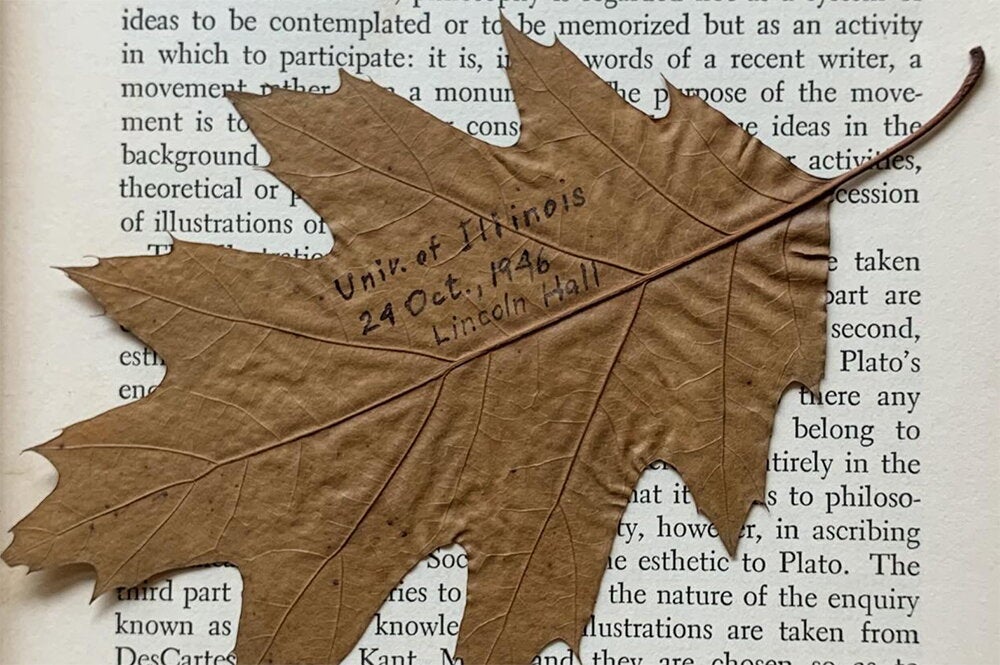

Many people these days wouldn’t trade their problems with the U.S. Federal Reserve’s for all the gold in its vaults, but the nation’s bank still offers an invaluable learning opportunity, as a team of LAS students discovered in the College Fed Challenge.
It’s the first time a team from the University of Illinois has participated in the national contest, which started as a way to promote and learn from the Federal Reserve’s role in the U.S. economy. The Fed serves as the country’s central bank, and its decisions can have effects on monetary and credit conditions around the world.
As part of the district competition in Chicago (Federal Reserve banks around the country hosted the daylong event in November), teams from several colleges and universities each debated amongst themselves as if they were the Fed’s Open Market Committee. Based upon that day’s real economic climate, the teams each decided whether they’d lower, raise, or maintain the Fed’s target lending rates, and then defended their decision to a group of panelists.
The five LAS economics students—including Trenton Morrow, Calvin Liou, Joseph Malandruccolo, Ivan Osinsky, and Samuel Sogin (they were advised by economics professor J. Fred Giertz)—pored over GDP reports, manufacting conditions, and other indicators, including then-new revelations that government would be bailing out the auto industry. Unlike most teams, and unlike the Fed itself, which later decided to lower rates, the LAS team elected to keep interest rates the same.
“The differential between the effective federal funds rate (the weighted average of interest rates charged by banks when they lend to other banks) and the interest rates in the economy wasn’t reflecting what our current federal funds (target) rate was, which was really widespread because all the other (Fed) policy instruments were going into effect,” says Morrow, who played the role of Chairman Ben Bernanke. “Our rationale was we wanted to wait and see how these new instruments would play out.”
They fell short of winning the district and advancing to nationals in Washington, D.C. Morrow, however, a sophomore with plans for law school, says he plans a wider recruiting effort for next year’s team. He was the spark plug for this year’s inaugural team, as he recruited and interviewed a few friends and classmates, and sought an advisor.
“It’s been a very interesting experience,” he says. “I’d like to see the U of I get a win at least at the district level at Chicago before I graduate. If that doesn’t happen, I’m happy that we got the team set up this year, and the infrastructure is in place, and hopefully it’ll be a force in the future.”


